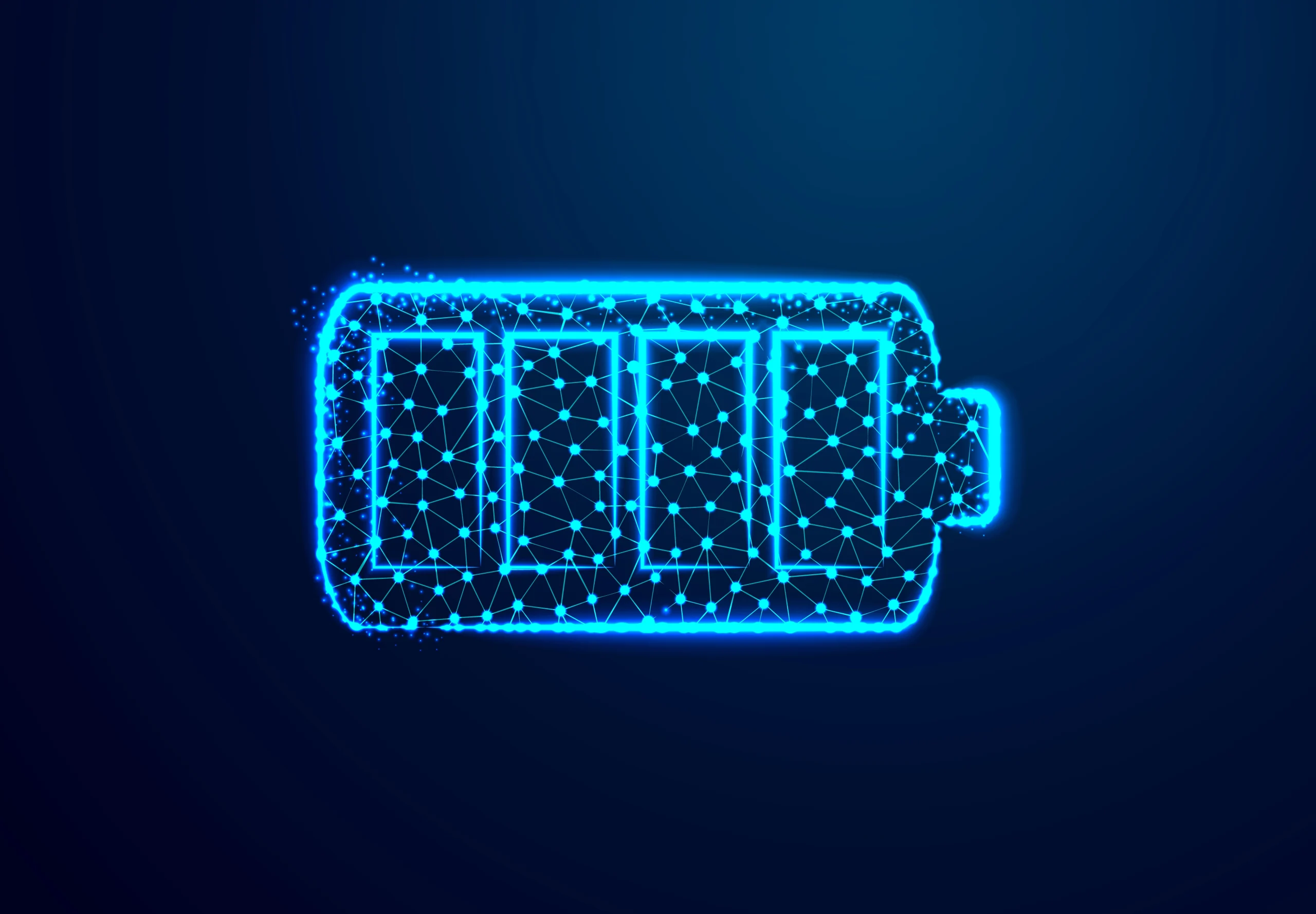The evolution of smartphone technology has brought about remarkable advancements, including the convenience of wireless fast charging. However, as we revel in the luxury of topping up our devices effortlessly, questions have arisen about whether this technological convenience comes at a cost. The debate surrounding whether wireless fast charging harms battery life is gaining momentum, prompting us to take a closer look at the intricacies of this issue.
Understanding Wireless Fast Charging
Wireless fast charging has undoubtedly transformed the way we charge our devices. Gone are the days of fumbling with tangled cables and connectors. Instead, we simply place our smartphones on a charging pad, and the battery replenishes itself. This technology relies on electromagnetic fields to transfer energy from the charging pad to the device’s battery. While it’s a convenient solution, concerns have arisen regarding its potential impact on battery health.
Heat Generation and Battery Degradation
One of the primary factors contributing to the debate over wireless fast charging is the heat generated during the charging process. As energy is transferred wirelessly, it’s not uncommon for the device and the charging pad to generate heat. Excessive heat can accelerate the chemical reactions within lithium-ion batteries, which are common in smartphones, laptops, and other portable devices. These reactions can lead to a phenomenon known as battery degradation.
Battery degradation involves the gradual loss of a battery’s capacity and overall performance over time. This means that, over repeated charging cycles, a battery charged wirelessly and rapidly may see a more rapid decline in its ability to hold a charge compared to batteries charged through traditional methods. High temperatures can expedite this process, potentially reducing a battery’s lifespan.
Balancing Speed and Longevity
Manufacturers have been working tirelessly to strike a balance between providing fast charging capabilities and preserving battery health. Smartphone companies often implement mechanisms to manage heat generation during charging. These measures include adjusting the charging speed to prevent excessive heat buildup or pausing charging temporarily when temperatures rise beyond a certain threshold.
It’s essential to note that while wireless fast charging can indeed generate heat, not all devices are affected equally. Factors such as battery chemistry, device design, and the efficiency of the wireless charging system all play a role in determining how much heat is produced and its impact on the battery.
User Habits and Mitigation
While wireless fast charging technology has its challenges, users can take steps to mitigate potential harm to battery life. For instance, choosing high-quality wireless charging pads that are designed to dissipate heat effectively can help reduce heat-related issues. Additionally, avoiding exposing devices to extreme temperatures during charging, whether wirelessly or traditionally, can significantly impact battery health.
Conclusion
As technology continues to evolve, the relationship between convenience and device longevity remains a crucial consideration. While wireless fast charging undeniably offers convenience, the potential impact on battery life requires thoughtful evaluation. Manufacturers and users alike must recognize the delicate balance between rapid charging and preserving battery health. By understanding the mechanisms at play and implementing best practices, we can continue to enjoy the benefits of wireless fast charging without compromising the long-term performance of our beloved devices.
